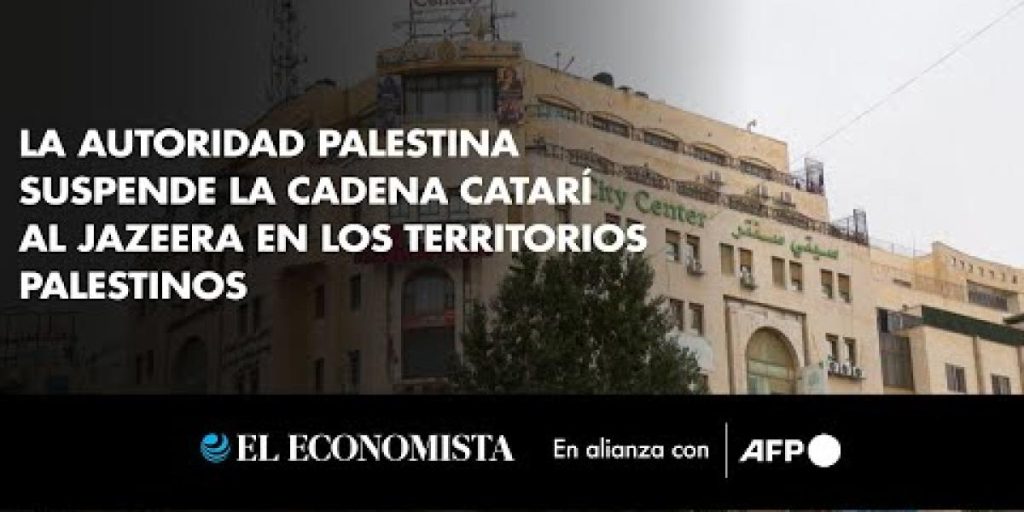MIAMI, United States. – The United States Department of Homeland Security (DHS) reiterated to Univision News that the beneficiaries of the program parole humanitarian program created in January 2023 for citizens of Cuba, Haiti and Nicaragua, they have a maximum period of 24 months to adjust their immigration situation.
If they do not do so, at the end of January 2025, they would be exposed to deportation proceedings or would have to leave United States territory.
Upon arrival in the US, beneficiaries of the parole humanitarian workers receive temporary permission to remain and the right to work, but are required to “seek humanitarian assistance or other immigration benefits,” such as asylum or Temporary Protected Status (TPS), before their parole.
Among the alternatives that program beneficiaries can explore is applying for asylum or TPS, if they meet the requirements, or regularization through the Cuban Adjustment Law (only in the case of nationals of the Island).
On the other hand, the regulations of this program impose responsibilities on the sponsors who host migrants when they enter the United States, as they must guarantee that they do not become a public charge. This includes offering them support, medical assistance and accommodation. However, if the beneficiary fails to comply with immigration law, the main effect falls on him.
According to data from the Customs and Border Protection Office (CBP), as of November 2024, 531,670 people from Cuba, Haiti, Nicaragua and Venezuela had entered the United States legally thanks to the parole. Within that figure, 110,970 Cubans were registered with prior travel authorization, although not all obtained formal admission upon setting foot on US soil.
According to CBP, the deployment of these safe and orderly processes has contributed to a 98% decrease in irregular border crossings for these nationalities.
The program parole humanitarian aid was initially created in April 2022 for citizens of Ukraine fleeing armed conflict. Then, in October of the same year, it was extended to Venezuela and, in January 2023, it added Cuba, Haiti and Nicaragua.















